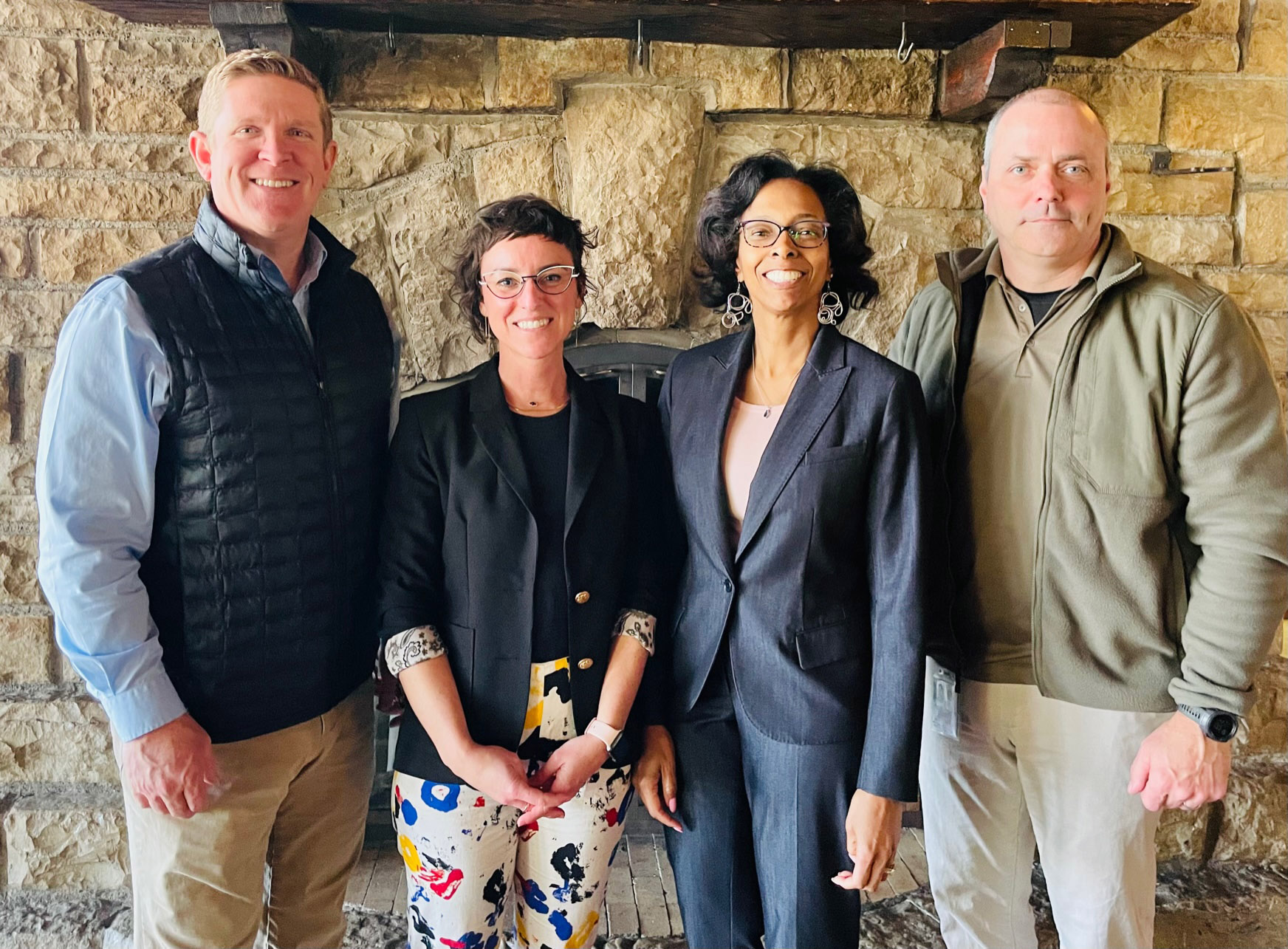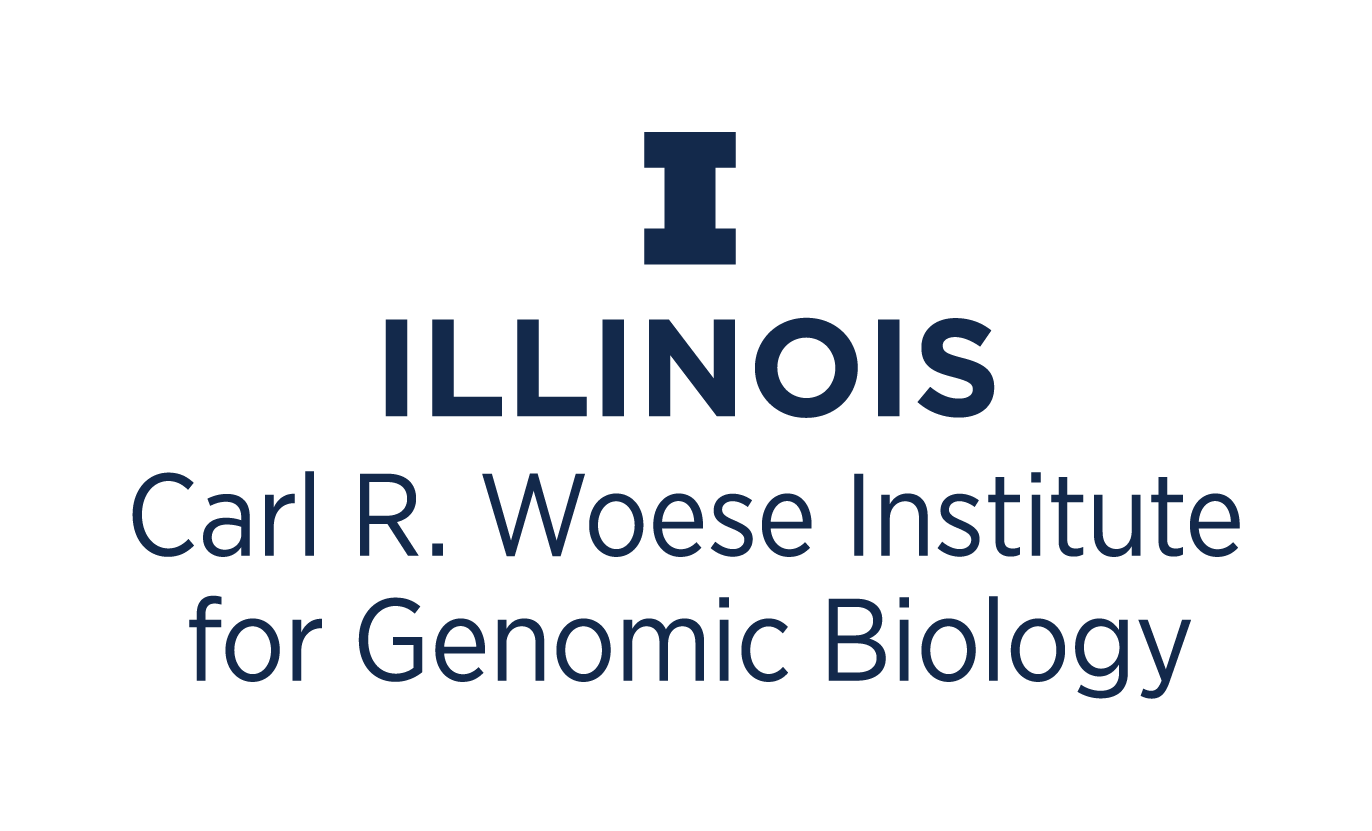By: Ananya Sen
The landscape of forensic DNA has shifted in recent years to not only include different types of genetic data, but also expand how DNA can help improve the science and the investigations themselves. Such a shifting landscape requires new investigative strategies, and key Illinois institutions are looking towards deeper collaborations to make it happen. To this end, the Illinois State Police and the University of Illinois Urbana-Champaign are partnering to combine distinct but complementary skills and resources.

“ISP leads one of the largest forensics laboratory systems in the world and we always strive to be one of the best,” said ISP Director Brendan Kelly. “The partnership between ISP and the University of Illinois will put ISP on the cutting edge of forensics that advances investigations and brings justice to victims.”
ISP operates seven public operational forensic science laboratories, which process forensic evidence from investigations occurring throughout the state. ISP laboratories have played a pivotal role in shaping the quality of forensic science in the U.S., including training, quality assurance, and forensic-specific research and development.
The new ISP-Illinois initiative, housed at the Carl R. Woese Institute for Genomic Biology, is called the Investigative Technology Exchange. This partnership hinges on the exchange of ideas, data, skills, and research from both ISP scientists and Illinois researchers to solve the current grand challenges in forensic science.
“One of the earliest success stories of using a new forensic genetic technique, called investigative genetic genealogy, was in 2018 with the identification of the Golden State Killer, guilty of over 60 violent crimes,” said Cris Hughes (GSP), a clinical associate professor of anthropology and appointed director of the Investigative Technology Exchange. “Though it resolved an important case that had been lingering for decades, it left a lot of unanswered questions about DNA privacy and police overreach.”
Although the applications of genetics approaches to forensic investigations are seemingly endless, each new application must be carefully vetted. Even though many private companies offer these services, thereby driving investigations, they offer little opportunity to collectively understand the impact of such applications.
Hughes realized that forensic science applications, such as genetic genealogy, could only be adequately addressed through engagement between researchers in social and physical sciences and practitioners who carry out the forensic investigations. Through the ITE, Hughes hopes to facilitate cross-disciplinary research to resolve methodological challenges and better understand the ethical, legal, social, and policy implications of current and future forensic science technologies, within DNA and beyond.
“Forensic science approaches at accredited public laboratories tend to be scientifically conservative because there are such high standards of quality assurance, and rightly so. As a result, new technology is taken up slowly in public labs compared with private companies,” Hughes said. “Yet this is a benefit because this allows us time to critically address the broader implications of the technologies.”
The initiative will also help develop forensic education pipelines for undergraduate and graduate students to prepare them for a career in forensics laboratories. “Since starting here in 2014, my colleagues and I have recognized that students have an interest in forensic science courses. We want to give them the opportunity to recognize that science doesn’t exist in a vacuum and that it directly impacts our communities. As we expand course offerings in this area, our goals are to provide students with laboratory and computational skills and get them thinking about the context of these applied technologies,” Hughes said. Ultimately, this endeavor will equip the next generation of forensic scientists with both the STEM and social science skillsets, paving the way for a more interdisciplinary approach for developing and applying forensic science to investigations.
The ITE will facilitate educational experiences that extend beyond the classroom, with opportunities for student engagement in research and internships on ISP-Illinois collaborative projects. “Working with ISP to better understand the particular skills needed from the forensic science workforce will serve to inform and strengthen our curricula,” Hughes said.
Hughes is hoping that the ITE will serve as a blueprint for other universities who are interested in such a collaboration with their state police. “Although there are state police partnerships with universities in other states on forensic genetics, these typically focus on resolving case work backlogs and miss out on the opportunity for dynamic collaborations,” Hughes said.
An example of such a collaboration includes the new Decatur Forensic Science Laboratory, which is designed to be a DNA high-throughput lab. The ISP laboratory officially began testing in May 2023 after receiving accreditation. In collaboration with the ITE, this facility will conduct casework analysis and research.
One of its first initiatives will be to assess the feasibility of moving investigative genetic genealogy away from the private sector and into IL public labs. This shift would increase the potential to solve Illinois current and cold cases, but carries with it many ethical, legal, and social challenges. Such complex transitions will require interdisciplinary expertise, from maximizing wet lab efficiencies for processing DNA evidence, to understanding and addressing stakeholder concerns around privacy and the security of DNA data. The ITE will be the hub for examining such issues and finding the path forward that works best for our state and our communities.
“We are very excited for the launch of ITE,” said IGB Director Gene Robinson, Swanlund Chair and Professor of Entomology. “This initiative exemplifies the IGB’s commitment to ensuring that cutting-edge science is applied thoughtfully to address societal issues, which is why we are so proud to host the ITE in our laboratories.”
“What we have created here is unique. We want to incorporate the knowledge and expertise we have on this campus that will help the state police’s goal of serving their communities,” Hughes said. “I’m really excited about the exchange of ideas and the implementation of new scientific applications and appropriate policies. We are making our own roadmap here to help investigations in new ways.”
By: Ananya Sen
Photos By: Illinois State Police

